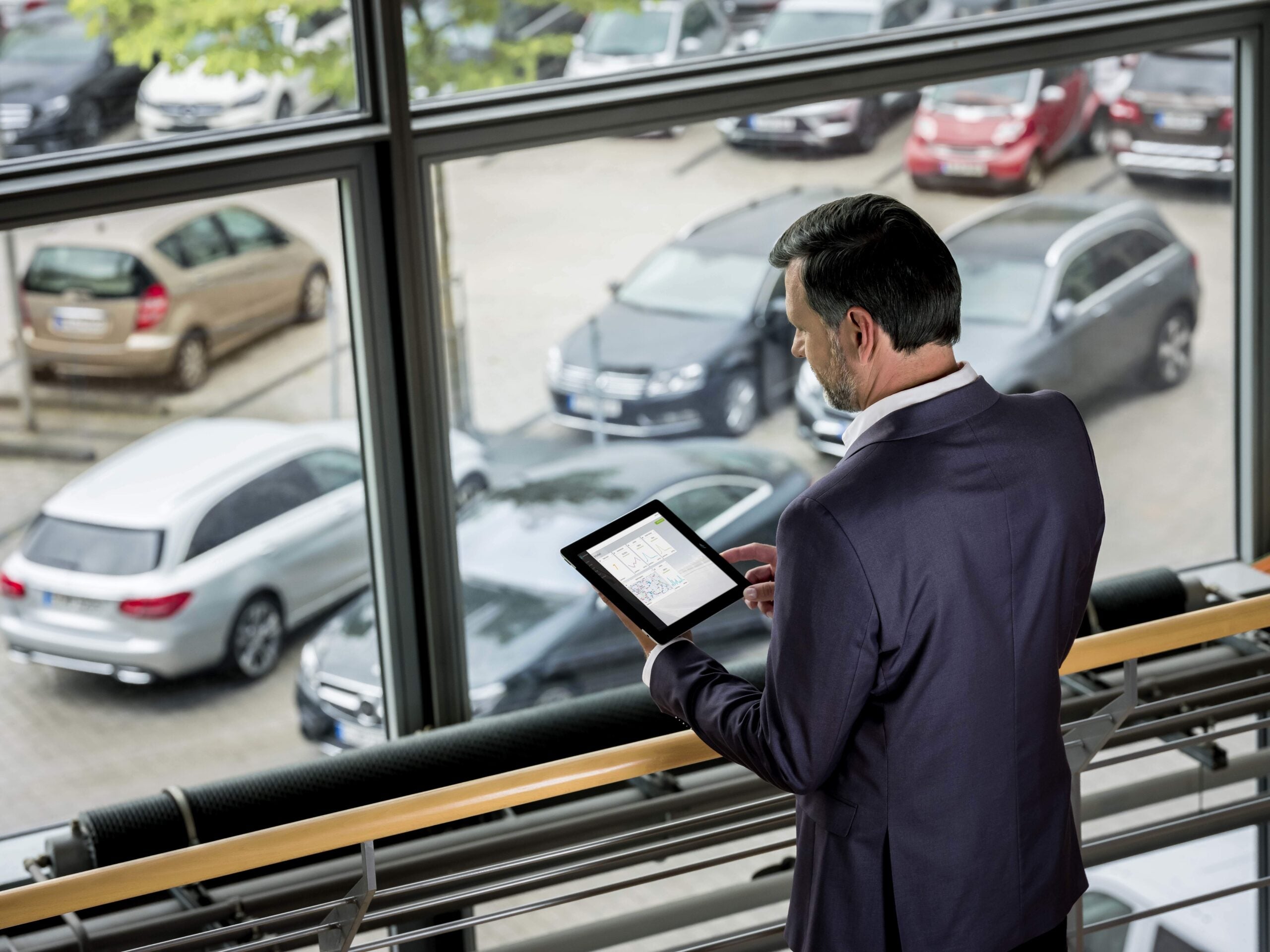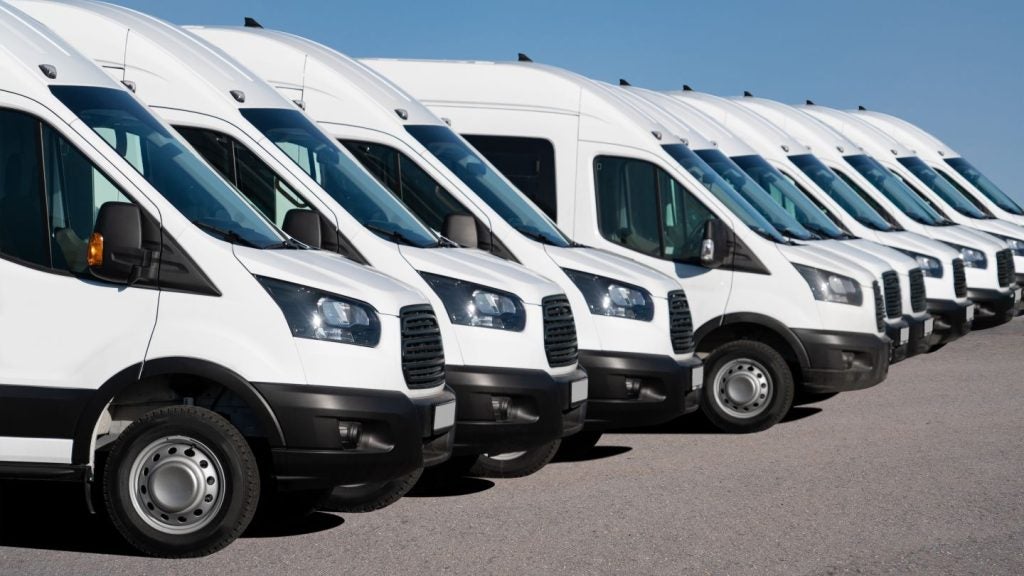
The UK car market got off to a tentative restart with UK new car registrations falling 34.9% year-on-year in June, according to the latest figures from the Society of Motor Manufacturers and Traders (SMMT).
The drop was an improvement on May’s -89% wipe-out but, with 145,377 new cars registrations, this still represented a significant decline of 78,044 compared with June 2019, as dealerships in Wales and Scotland remained closed for much of the month.
The figures mean that the market is almost 616,000 units, or 48.5%, behind the same period last year, with some 240,000 private sales lost since consumers were told to ‘stay at home’ and retailers forced to close, resulting in an estimated £1.1bn loss to the Treasury in VAT receipts alone.
Private demand proved more resilient than business, down 19.2% in June with orders made pre-lockdown resulting in 72,827 registrations and accounting for more than half of the market. Fleet sales fell by a very substantial 45.2% to 69,498 units as businesses paused purchasing amid expenditure reviews.
With one in five showrooms in England remaining shut throughout June, and those in Wales and Scotland unable to open until the end of the month, there remains some uncertainty regarding the true level of demand. The hoped for release of pent-up sales has not yet occurred, with consumer confidence for big ticket purchases looking weak meaning that automotive is likely to lag behind other retail sectors.
As the wider retail and hospitality sectors re-open and society and the economy begin a gradual return to normality, the true picture of consumer confidence is likely to emerge. However, concerns remain with the government’s Coronavirus Jobs Retention Scheme winding down and major employers across all sectors announcing significant job losses. The subsequent effect on livelihoods as well as on business and consumer confidence will not help a depressed market, said the SMMT.
How well do you really know your competitors?
Access the most comprehensive Company Profiles on the market, powered by GlobalData. Save hours of research. Gain competitive edge.

Thank you!
Your download email will arrive shortly
Not ready to buy yet? Download a free sample
We are confident about the unique quality of our Company Profiles. However, we want you to make the most beneficial decision for your business, so we offer a free sample that you can download by submitting the below form
By GlobalDataMike Hawes, chief executive of the SMMT, said: “While it’s welcome to see demand rise above the rock-bottom levels we saw during lockdown, this is not a recovery and barely a restart. Many of June’s registrations could be attributed to customers finally being able to collect their pre-pandemic orders, and appetite for significant spending remains questionable.
“The government must boost the economy, help customers feel safer in their jobs and in their spending and give businesses the confidence to invest in their fleets. Otherwise it runs the risk of losing billions more in revenue from this critical sector at a time when the public purse needs it more than ever.”
Industry reaction
Seán Kemple, director of sales at Close Brothers Motor Finance, said: “With demand putting immense pressure on supply, the biggest challenge now will be for carmakers. Faced with social distancing restrictions, job losses, and falling profits, it will be no easy task to kickstart production to pre-Covid-19 levels.
“Beyond the immediate uplift, once available stock has been swept off the forecourts, buyers will likely face long waiting times for their cars which will slow recovery. The whole market has been caught in the net; manufacturers, dealers, and finance providers alike are dealing with a sudden surge in demand while recovering from the financial impact on their business. Support from the Government will be crucial to get the sector back to strength, as will the expertise from dealers to help consumers feel confident in their big purchase.”
Ian Plummer, commercial director at Auto Trader, said: “Car buyers spent 10.5m hours researching cars in June, but it does take time to convert consumer interest into sales. Consumers will also be hesitant about making expensive purchases too; whether it’s as a result of an uncertain economy and job losses, or because they’re waiting to get clarity from the government as to whether or not they will introduce a scrappage scheme.
“Although sales of EVs are up, the adoption rate is still not rising fast enough to meet the government’s target to ban petrol, diesel and hybrid vehicles by 2035, let alone 2032. The current growth rate shows EV sales will overtake sales of traditional combustion engines by 2029, but we need to do this by 2024 to reach the government’s ambitious target.”
Michael Woodward, UK automotive lead at Deloitte, said: “Despite the year-on-year decline in sales, these results will have exceeded many people’s expectations. Dealerships have worked hard to encourage consumers back through their doors. However, the full scale of these efforts may not be reflected in June’s figures as supply issues delay some registrations.
“Looking ahead, we could see luxury vehicles take an increasingly large share of sales this year. However, for mainstream consumers, major purchases are likely to be more carefully considered over the coming months, impacting the speed and scale of recovery at this end of the market. Our latest research shows that almost half of consumers plan to keep their vehicles for longer than originally intended, potentially impacting demand for new cars.”
James Fairclough, chief executive of AA Cars, said: “It is going to take some time until we see sales getting close to normal levels, and these first few months since the easing of lockdown measures have to be tied to building up consumer confidence. This involves assuring consumers that it is safe to visit dealerships first and foremost, but more broadly it requires people to trust the economy and be willing to spend money.
“The lockdown has left many people with reduced income and savings, and uncertainty still surrounds how many jobs the Government’s furlough scheme has managed to protect. In the short-term this will discourage many from making a high-value purchase, or a long-term financial commitment.
“We have seen a rise in interest from consumers on the AA cars platform, where searches for used cars have surged past pre-lockdown levels. Searches in June were 90% geater than at the beginning of lockdown when restrictions were tightest.”
Karen Hilton, chief commercial officer at heycar, said: “Despite increasing calls for the introduction of a scrappage scheme to boost sales, the government has recently insisted they have no plans to change the current incentives. And with the SMMT pushing for the government to set out a plan to support the future of the industry, it’s time to look at alternative stimulus to drive spend in the market.
“There is an opportunity to be more ambitious with these plans and take the customer incentives beyond electric and hybrid model scrappage to encourage more emission friendly vehicles onto the road – and help customers with older models trade in with confidence.”







